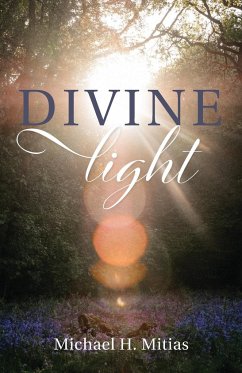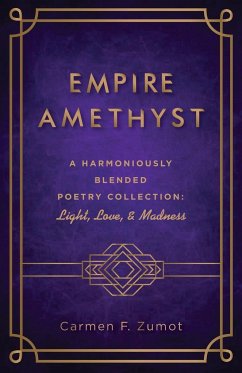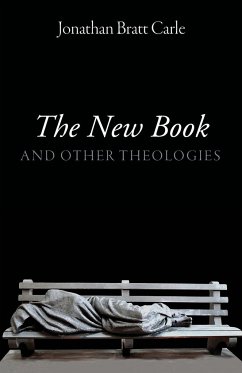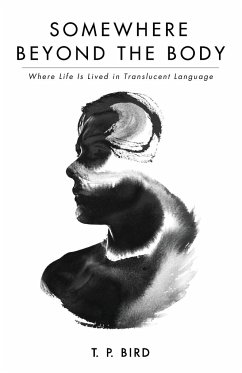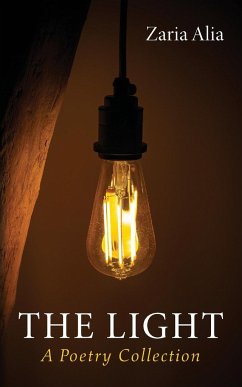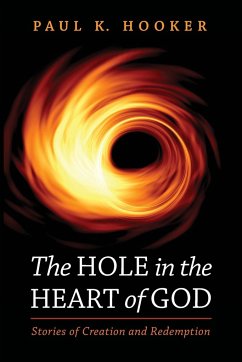What is it like to be a God-intoxicated human being, to experience the radiance of his light, and to feel the warmth of his presence? Divine Light is written by a mystic, one who experiences God's presence in the different dimensions of nature and human life. This book is a collection of mystical poems. It is composed of two parts. The focal point of the first part is that God dwells in the human heart and that this dwelling is the source of the love that makes human life worth living. The mystic thinks, feels, acts, and understands the world from the standpoint of his or her love for God. The second part consists of a long poem. The theme of this poem is the power of love on the cross. Jesus became a divine being on the cross. His suffering during his crucifixion is the suffering of the loving heart in this world. This poem emphasizes that genuine love is an absolute value and that it is worth dying for.
Hinweis: Dieser Artikel kann nur an eine deutsche Lieferadresse ausgeliefert werden.
Hinweis: Dieser Artikel kann nur an eine deutsche Lieferadresse ausgeliefert werden.

